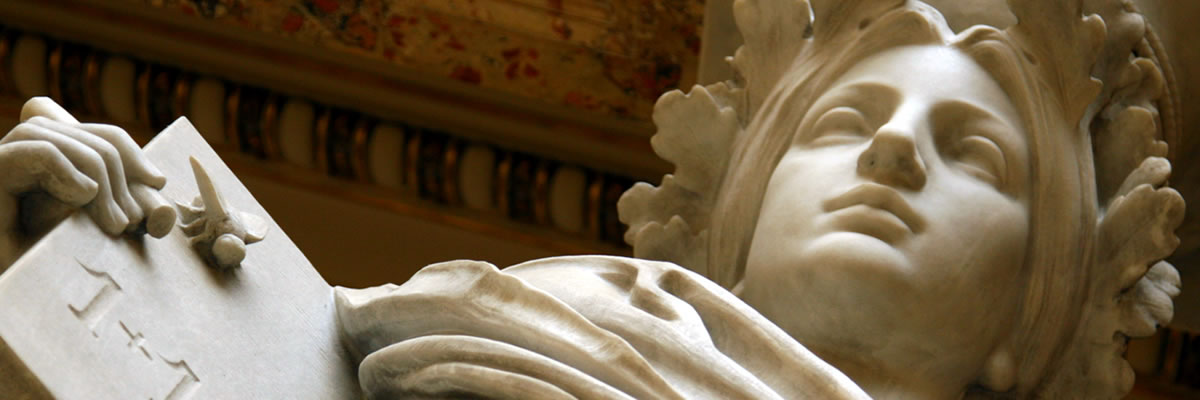
Prof. Paul Weiss heads for the smallest switches and motors
Prof. Paul Weiss heads for the smallest switches and motors
Tue Jun 20 10:41:29 CEST 2017

How to penetrate into the nanoworld of individual atoms, design and create new molecules with various functions, utilize targeted syntheses “tailored to fit” and study the interactions within molecules and among them and use these methods for the assembly of precise nanostructures – that is what professor of chemistry, the biochemistry of material sciences Paul S. Weiss, a leading global expert from the University of California, Los Angeles (UCLA), is acquainting specialists and students in the CR with, because he came to the CR based on an invitation of the Institute of Inorganic Chemistry of the CAS as a Fulbright Specialist for two weeks from 5 to 18 June.
The interactions he deals with can according to his words be planned, directed, measured and used on formerly unattainably small scales, e.g. for the construction of precise molecular groupings, nanostructures and systems, the functions of which can be guided and stabilized.
“We investigate the most extreme limits of miniaturization, the smallest ‘switches’ and ‘motors’ in the world to be able to understand how they function and determine how the patterns that we learn can be used in larger systems. Nature knows how to create very powerful motors: molecules can take chemical energy and convert it into motion with more than 99% efficiency, but people are not able to do anything even close to that. Our plan thus is to work by the reductionist method, in other words – put together piece and piece and try to reproduce key components of natural systems. However, instead of using biological molecules, we use molecules, which chemists design for us, and which have something that in our opinion could represent the key components. So we try to start from the knowledge of where every atom is, and go from quantum mechanics all the way to mechanical engineering.”
Prof. Weiss’s group has traditionally concentrated on knowledge and management of chemical processes and materials on the smallest scales. It has now begun to devote itself also to projects in the area of nanoscience. They are convinced that nanoscience and nanotechnology could have great overlaps into other fields and provide significant advancement, for instance in neurosciences thanks to the development of new tools, including nanobiosensors, for research of the brain, functioning of the nerve circuits or the microbiome.
Other than the lecture, which Prof. Paul S. Weiss gave on Wednesday 7 June 2017 at the CAS in Prague, called “Cooperative Function in Atomically Precise Nanoscale Assemblies”, he has seminars planned in Ústí nad Labem (University of J. E. Purkyně), in Brno (CEITEC), in Pardubice (University of Pardubice). In the second week, he attended the summer school “Physics at Nanoscale” in Devět skal, which is organized jointly by the Institute of Physics of the CAS and the Brno University of Technology.
Prepared by: Jana Olivová, Department of Academic Media of the CAO of the CAS
Photo: Pavlína Jáchimová, CAS
